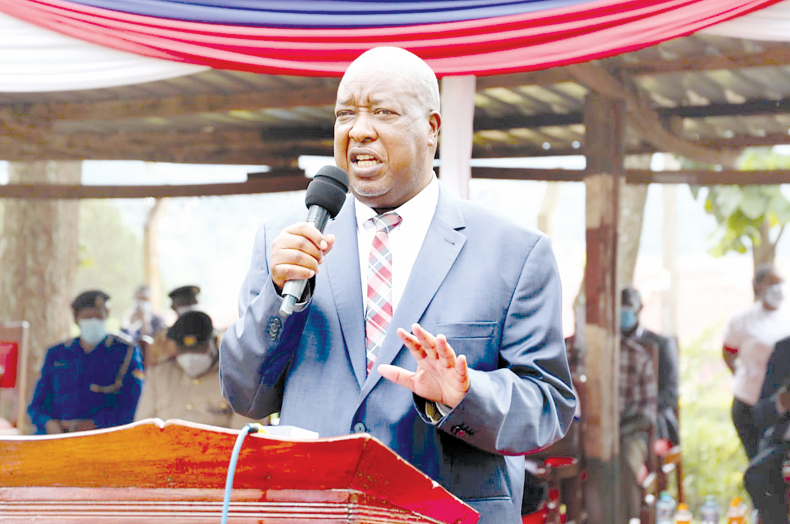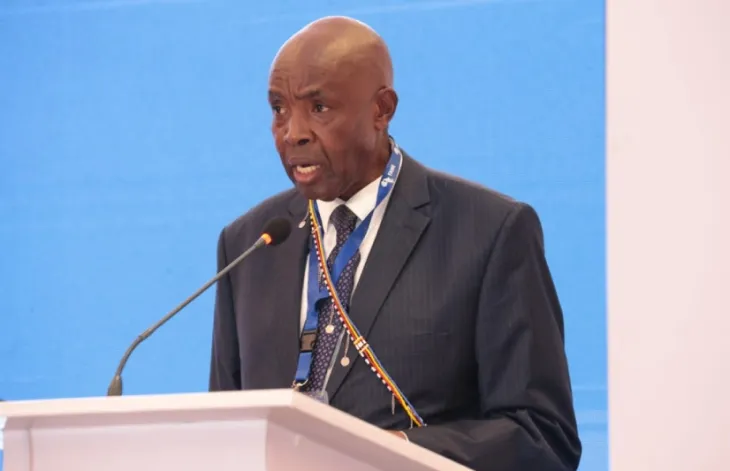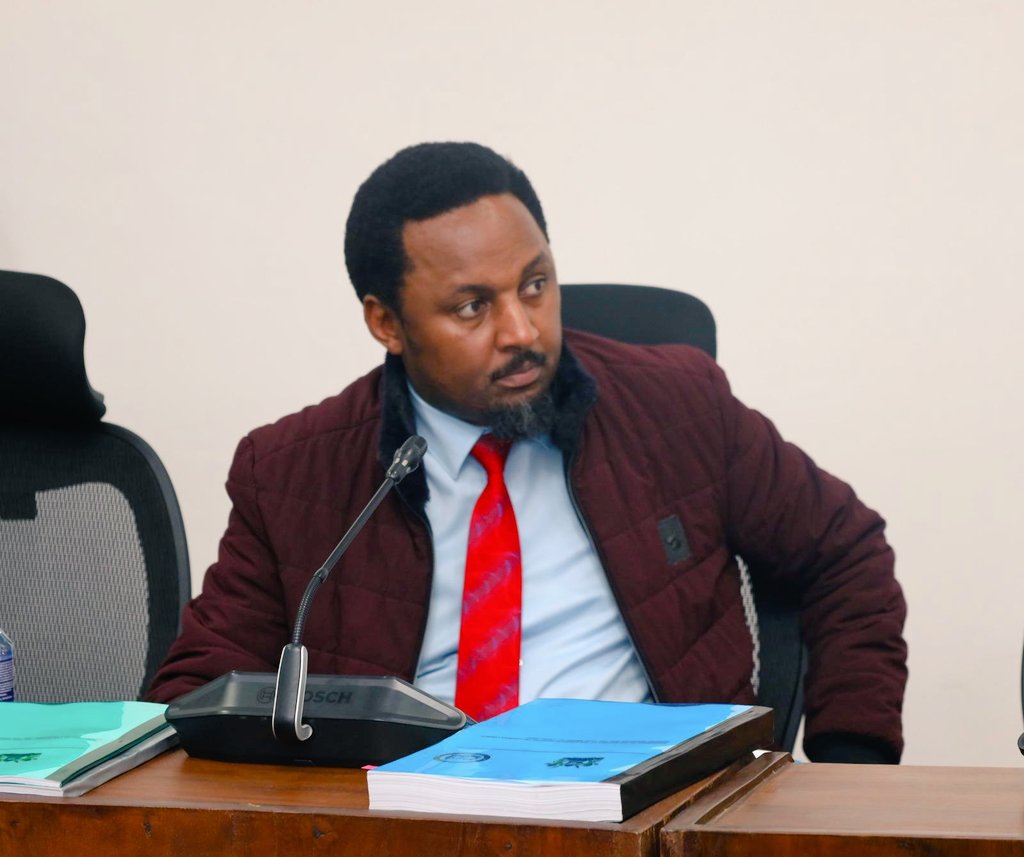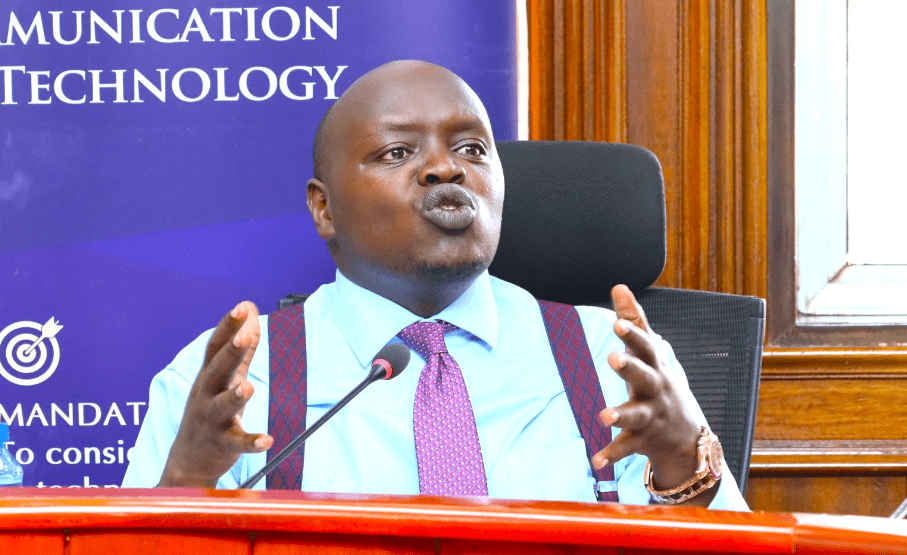When lakes, diseases conspire to ravage Ilchamus community
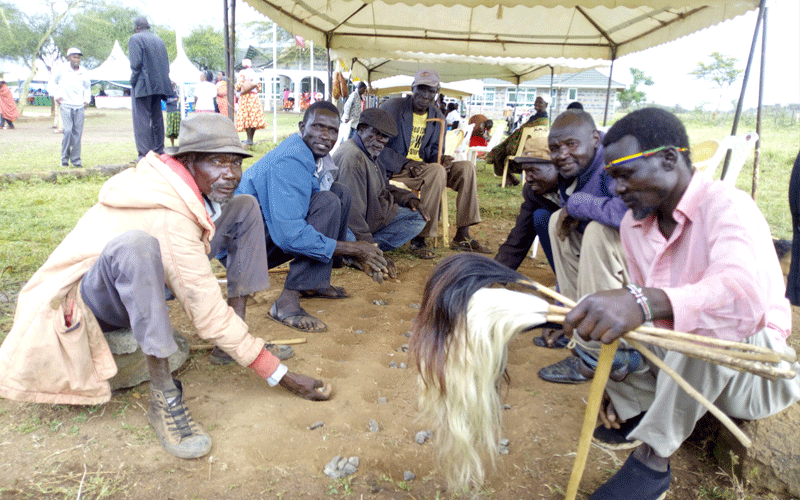
It is said that misfortunes do not come singly. This best explains the situation the minority Ilchamus community is finding itself in with public health concerns staring at them, every day.
The perennial cattle rustling menace, the bulging of Lake Baringo that is submerging large swathes of land and homes, have exacerbated what has become a genesis of devastation and displacement.
As the water levels rise, so are waterborne diseases such as typhoid, dysentery, cholera and of course malaria which has become a source of anguish and mystery for many residents in the last couple of months.
Hundreds of families have also been forced to flee homes with Ngambo location worst hit by floods.
In fact, four schools: Ngambo Secondary, Sindan, Salabani, Meisori and Loropil Primary have been submerged by water.
Dispensary submerged
Marigat Assistant County Commissioner (ACC) Austin Ochieng described the unfolding scenario in this area as a “humanitarian crisis” saying a number of schools and dispensaries have been submerged as well as other public utilities.
“People are moving out because the two lakes (Baringo and Bogoria) are expanding fast,” he said.
According to him, the flooding is raising health concerns with malaria outbreaks now too common.
“Many schools and other institutions have to find alternative grounds when they re-open,” he said adding: “Researchers on the ground will inform us on what to do but we encourage locals to move out to avoid a possible disaster.”
The fact that Ngambo dispensary has also been submerged has compounded matters with residents now calling on the government and well-wishers to come to their aid.
“We are facing many challenges here, people are suffering a lot,” said Rongai Leakwara.
A community health volunteer, Leakwara said malaria outbreaks are on the rise because of the swelling lake adding the situation has been worsened by lack of medical facilities in the area. According to her more than 80 per cent of mothers give birth at home.
More than ten people including three children died of malaria five months ago while over 1,000 others were treated and discharged.
“We are trying our best to educate people but the main problem is hospital facilities are far from the people have to go up to 60km to get medical attention,” she said, adding that Marigat Sub-County hospital is the only one offering maternity services.
Burning charcoal
“You know poverty levels are very high in this area so it is very difficult for somebody to raise even boda boda fare to Marigat, the poor roads and insecurity have made such rides also dangerous,” she added.
She said majority of locals depend on charcoal burning for livelihood but this is no longer possible because of the floods.
“The problem is two-fold: displacements because of floods and cattle rustling and now coronavirus,” she said.
Although coronavirus cases have not been reported in the area, she said, people fear going to Marigat—the biggest health facility in the area—for fear of contracting the disease which is wreaking havoc across the globe.
“More than 100 households have been displaced,” she said adding: “They are now living with relatives which also poses another challenge because families have been split up… some parents have sent their children to stay with uncles and other relatives.”
This, she said, has led to a rise in defilement and early pregnancies in the area.
“In fact, I am following up a case where an 11-year-old girl was defiled by unknown person while grazing in the fields,” she revealed.
Although the county government is trying to take medical services closer to the people, the Eldume and Elngarwa dispensaries recently built are not yet fully operational because of lack of drugs and personnel.
“We are appealing to the government to send health workers and supply drugs to alleviate the suffering of our people,” said Leakwara.
